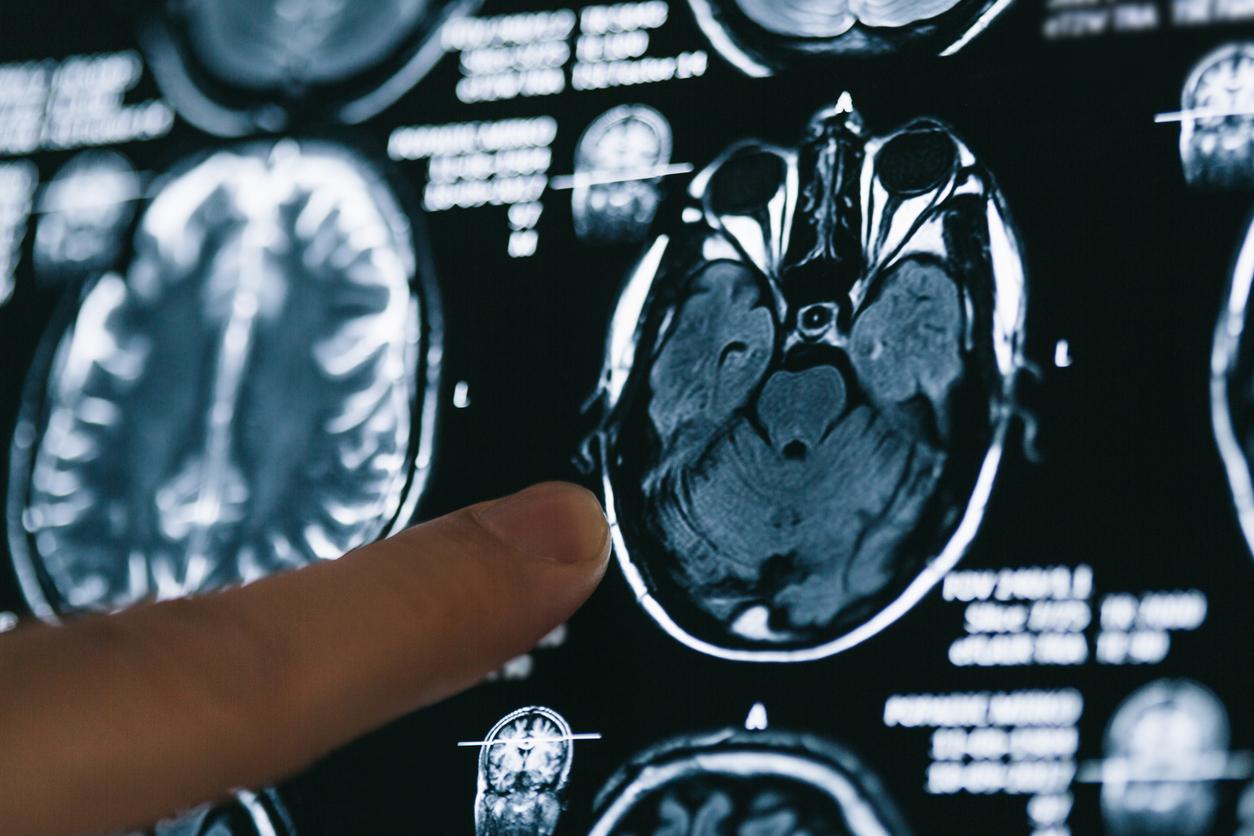Obsessive of neat order or washing and irrational fears, OCD manifests itself in many ways and is little known to researchers.
Researchers at the University of Cambridge (UK) studied 37 patients with OCD and 33 healthy volunteers. They observed through magnetic resonance imaging (MRI) that the repetition of movements increases the activity of a ganglion located in the brain region involved in controlling habits. According to the results of this study, the compulsions are caused by the habit control system and treating them early would stop the process.
“Certain customs make our life easier, such as automatically brewing coffee in the morning; others go too far and take control of our lives in a much more insidious way, shaping our preferences, beliefs and – in the case of a TOC– our fears ”, explains Professor Trevor Robbins, researcher in neuroscience. “Such conditions, when repetitive and maladaptive habits dominate our behavior, are the most difficult to treat, with cognitive behavioral therapy or medication. “
For researchers, these findings on OCD can be applied to many mental disorders.
“A range of human behaviors are seen as examples of impulsivity, such as drug or alcohol abuse or binge eating. These behaviors have in common the loss of control ”, explains Dr. Claire Gillan, researcher in the department of psychology of the University.
In France, OCD (obsessive-compulsive disorder) affects 2% of the population. They represent the fourth most frequent pathology after phobic disorders, those related toalcohol and depressive disorders.
Read also:
Hope for people with OCD
Pregnancy: 11% of new mothers have OCD
Mental illnesses: the French are afraid of it


















